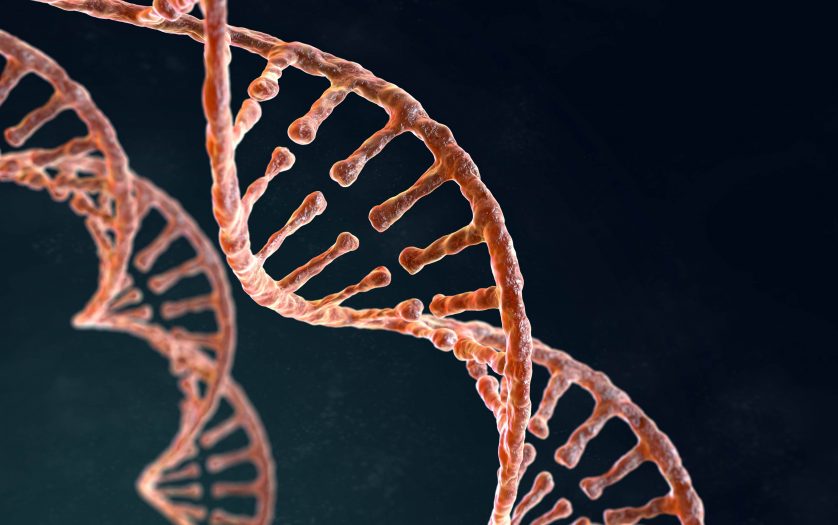
Genetic testing is recommended for all children with an autism diagnosis; however, the rates that parents and guardians complete testing is variable.
A chart review conducted by a Baylor College of Medicine expert explored toddlers who received genetic testing to understand their diagnoses. The review, published in Pediatrics, reinforced the recommendation of testing for all.
Researchers reviewed charts of 500 toddlers, ages 18 to 36 months, diagnosed with autism to see how many children received genetic testing and study their results. They reviewed demographics, medical and neuropsychological characteristics and genetic test results. Genetic testing for autism includes chromosomal microarray (CMA) and fragile X.
“In terms of the rate of completion, nearly 60 percent of subjects completed testing. When we compared the developmental functioning between those who did and did not complete testing, we found that those whose parents perceived them to be lower functioning in terms of their language, adaptive skills and motor skills, were more likely to complete the genetic testing. Similarly, subjects with lower language functioning noted on developmental assessment were more likely to follow through with the recommendation for testing,” said Dr. Holly Harris, assistant professor of pediatrics-developmental at Baylor and Texas Children’s Hospital.
For the 60 percent of patients who completed testing, the pathogenic yield was 12 percent, with pathogenic CMA findings in 9 percent and fragile X findings in 3 percent. Researchers then reviewed that subset with pathogenic findings (36 children) to see if further medical recommendations were made by their healthcare providers based on the test finding. They found that more than 70 percent had a further medical recommendation made.
These further recommendations might include hearing or vision exams, referrals to specialists, seizure monitoring or other imaging or laboratory studies depending on the gene affected by the finding.
“This testing does have a relatively high yield, given that autism is a behaviorally diagnosed disorder without a clear diagnostic test or biomarker, and is currently our only means to look for potential causes,” Harris said. “It is also essential to note that there were no medical characteristics or developmental functioning (language, cognitive or motor skills) measures that were associated with the likelihood of a positive genetic finding. In other words, there is no clear clinical finding that might give us an inclination as to which patients will have a positive result, so we should continue to recommend genetic testing in all children with autism. Not only does a positive test potentially provide information for families, but our results support that providers also make subsequent medical recommendations based on it.”
A video highlighting the study can be viewed on YouTube.








